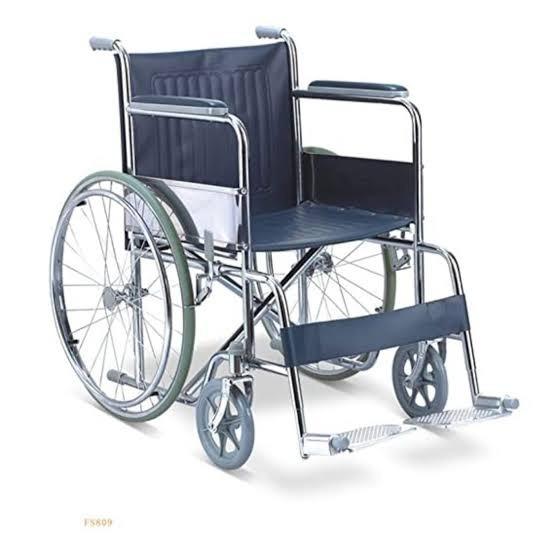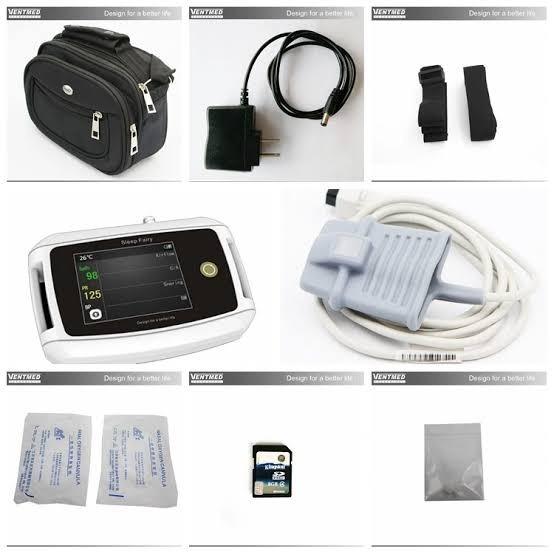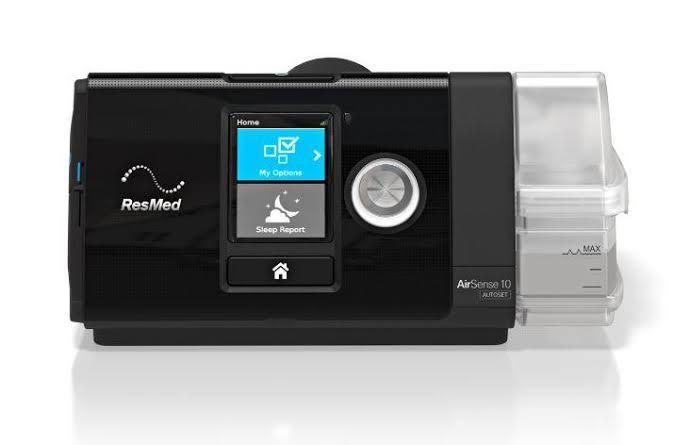Tamilnadu Medical System and Services is leading medical equipment supplies in Chennai. A wheelchair is a mobility device designed to assist individuals who have difficulty walking or moving around due to various medical conditions or physical limitations. Wheelchairs provide independence and mobility to people with disabilities, allowing them to perform everyday activities, move from one place to another, and participate in social and recreational activities. There are several types of wheelchairs designed to meet different needs: Manual Wheelchairs: Standard Manual Wheelchair: These are basic, self-propelled wheelchairs that the user can move using their arms to push the wheels. Transport Wheelchair: These are lightweight chairs with smaller rear wheels, designed to be pushed by a caregiver or companion. Sports Wheelchair: Specifically designed for sports activities, these wheelchairs have features optimized for maneuverability and speed in sports like basketball, tennis, and racing. Powered Wheelchairs: Electric Wheelchairs: These are powered by electric motors and controlled using a joystick or other specialized controls. They are suitable for individuals who may not have the upper body strength required for manual wheelchairs. Power-Assist Wheelchairs: These combine manual and electric features, providing assistance when propelling the wheelchair with manual efforts. They can be manually propelled when needed and offer power assistance when navigating inclines or longer distances. Specialized Wheelchairs: Tilt-in-Space Wheelchairs: These allow the user to maintain a consistent orientation while the seating system tilts. This is helpful for pressure relief and positioning. Reclining Wheelchairs: These allow the user to recline to a more comfortable position, which can be important for individuals who need to spend extended periods in the chair. Standing Wheelchairs: These wheelchairs have the ability to transition the user from a sitting to a standing position, which offers health benefits such as improved circulation and bone density. When choosing a wheelchair, it's essential to consider factors such as the user's mobility needs, physical abilities, lifestyle, and the environments in which the wheelchair will be used. Proper fitting and assessment by a healthcare professional or a wheelchair specialist are crucial to ensure that the chosen wheelchair is safe, comfortable, and suitable for the user's needs. Wheelchairs can be acquired through medical equipment providers, rehabilitation centers, and healthcare facilities. Insurance coverage and funding options may be available to help with the cost of obtaining a wheelchair, especially for individuals with medical prescriptions and documented need.



